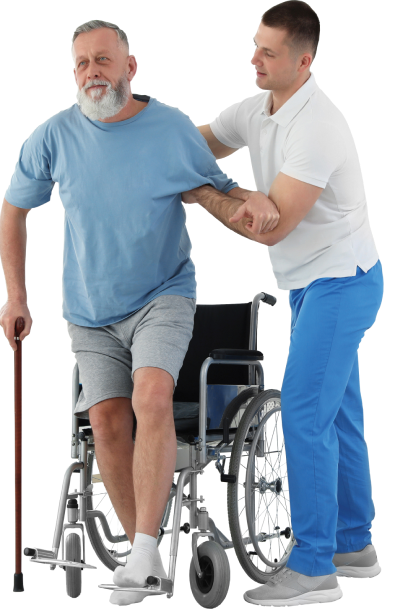| Sonic boom: NC music stars in televised spotlight |
|
| Published Thursday, January 29, 2026 9:00 pm |
by Herbert L. White
|
| CYANCA |
| Charlotte-based R&B artist Cyanca is one of 13 music creatives highlighted on season 2 of “Shaped by Sound” on PBS NC. The episode highlighting Cyanca is April 9. Anthony Hamilton is the subject on Feb.12. |
Charlotte creatives are part of a showcase of some of North Carolina’s brightest music stars.
Grammy winner Anthony Hamilton and R&B singer Cyanca are featured in season 2 of “Shaped by Sound,” which debuts Feb. 5 at 10:30 p.m. The season spotlights 13 North Carolina artists in half-hour programs, starting with southern grunge rock band Wednesday. Hamilton is Feb. 19 and Cyanca is April 9.
Other episodes profile the Connells, Faith & Harmony, Skylar Gudasz, Hiss Golden Messenger, Charly Lowry, River Whyless, Al Strong and Tan and Sober Gentlemen.
“For season one of Shaped by Sound, we pitched a big idea: bring the exceptional breadth and depth of North Carolina’s music scene to life through performance, storytelling and set design,” series host and producer James Mieczkowski said in a statement. “Season two allows us to further develop this concept and really let the musicians shine, from a gospel choir to an Americana legend to a Celtic ‘punk-grass’ band. Many performances this season feature new or yet-to-be released music, and I can’t wait for people to see and hear what we’ve captured.”
“Shaped by Sound” includes a companion video podcast where artists share stories behind their music online, the PBS app and YouTube. Viewers can also hear a curated playlist of songs on Spotify.
The lineup:
Wednesday (Feb. 5)
The grunge-rock band reflects on the chaos, beauty and emotional openness behind their latest album, “Bleed.” Frontwoman Karly Hartzman and pedal steel guitarist Xandy Chelmis crack open the band’s literary Southern sounds.
The Connells (Feb. 12)
The Connells – a pair of brothers and a group of friends from Raleigh – formed an enduring band that played local gigs that peaked with an international hit “’74–’75.”
Anthony Hamilton (Feb. 19)
The Grammy-winning singer charts his Charlotte beginnings to the heights of his career, which include platinum records and the recording industry’s top honor.
Charly Lowry (Feb. 26)
The Robeson County native talks about how her Lumbee and Tuscarora lineage, hardships and healing from serious personal challenges shaped her roots/folk sound.
Tan and Sober Gentlemen (March 19)
Tan and Sober Gentlemen’s fusion of Irish roots music and North Carolina folk rebellion can be traced to Irish immigration, Appalachian culture and working-class history relay the importance of “keeping one foot in the dirt.”
Ben Folds (March 26)
Singer-songwriter and composer shares how growing up in North Carolina shaped his music, band life, orchestras and songwriting.
Faith & Harmony (April 2)
The descendants of the Glorifying Vines Sisters, carry the gospel legacy of eastern North Carolina, rooted in tradition and devotion.
Cyanca (April 9)
The R&B musician, who grew up in Smithfield before moving to Charlotte, shares how her upbringing, personal healing and evolving identity shaped her sound.
Jim Lauderdale (April 16)
The Americana standout discusses what shaped his music, from his small-town roots to writing for country icons.
Skylar Gudasz (April 23)
Singer-songwriter Skylar Gudasz’s musical story unfolds like a dreamscape: ocean horizons, shifting light and songs pulled from the ether. Her music offers a visual and emotional journey through beauty, mystery and self-discovery.
River Whyless (April 30)
The Asheville band, which blends traditional folk, experimentation and storytelling, explores their decade-long journey together.
Hiss Golden Messenger (May 7)
Hiss Golden Messenger’s M.C. Taylor talks about the inspiration behind his mix of folk, soul and roots music.
Al Strong (May 14)
The Durham-based jazz musician reflects on the influence of home, community and artistic guidance on his creativity.
Comments
Leave a Comment
Send this page to a friend

 704-552-8581
704-552-8581




 Service Areas
Service Areas























